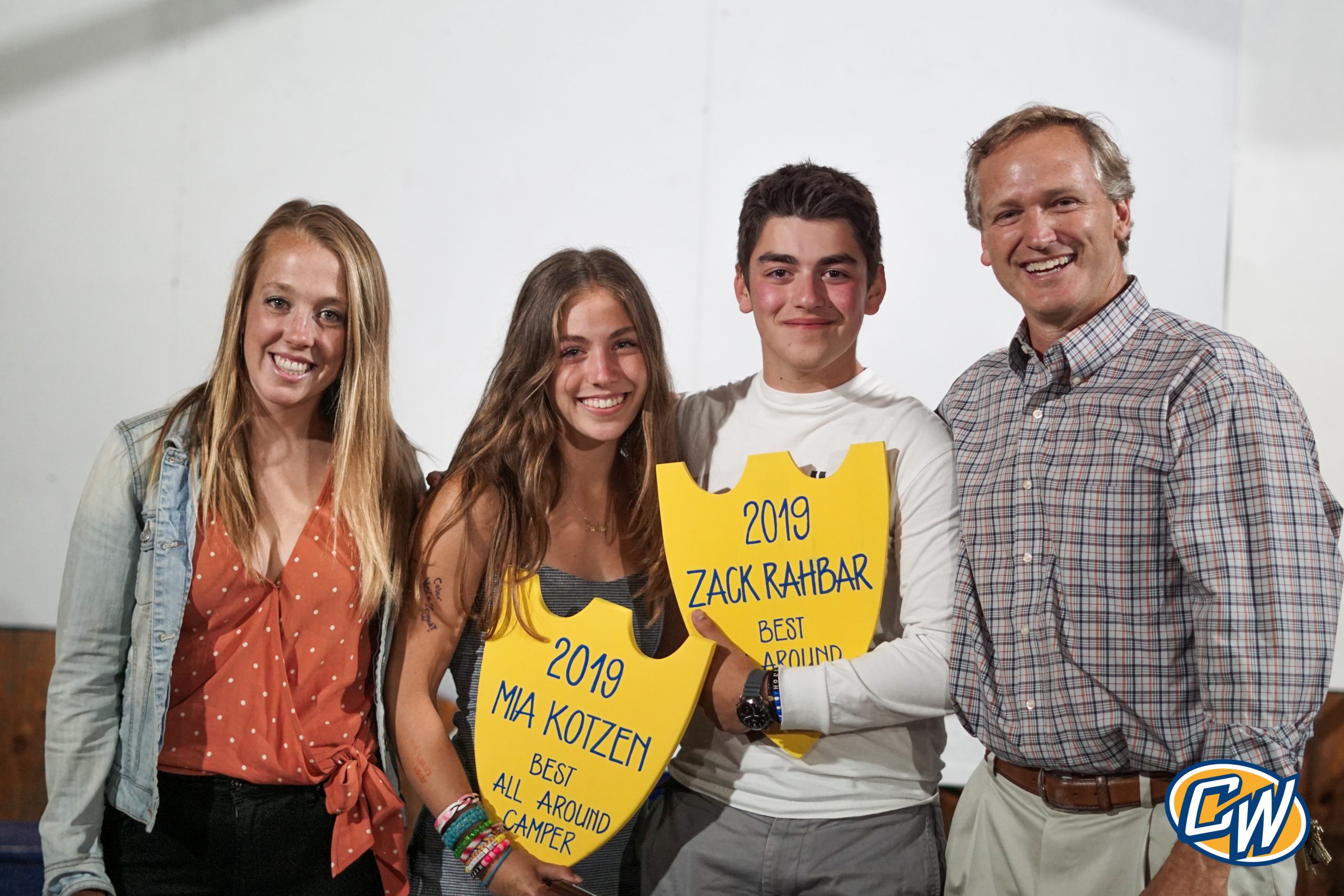The 2021 Leaders-In-Training group is currently reading Chop Wood, Carry Water by Joshua Medcalf*. It’s a simple story filled with short, thoughtful lessons. This is my third time through it and I continue to pick up ideas that make a big difference when applied.
In brief, it’s a story about John, a young man who travels to Japan to realize his dream of becoming a samurai archer. His mentor and teacher, Akira, spends time instructing John through the process of becoming an archer. The lessons are many, useful, and unexpected.
While there are many questions Akira asks of John, one I think most useful right now is this:
What’s Your Scorecard?
We all have an internal scorecard. For some of us, it’s about school grades or friendships or ‘likes’ or ‘streaks’ or college acceptances. For others it may be money or fame or ‘one more customer’ (or camper) or becoming the best.
Tennis great Andre Agassi talked about his experience of becoming #1. He thought realizing his dream would be fulfilling and affirming. He found it wasn’t. In fact, it felt empty. His scorecard was very real and it led him to a place that he didn’t find worthwhile.
Writer Jonathan Foster Wallace spoke about this idea in a thought-provoking way in his This is Water speech. (Warning: the speech is excellent but should be read by adults first before sharing with kids.)
What If…
Rather having than all the things we can accumulate on the scorecard, what if we put behaviors or characteristics that we could practice every day on the scorecard instead? How much better could our lives be if we showed gratitude, picked our attitude, demonstrated courage, behaved justly, loved mercy, stayed humble, remained curious and so much more every day?
To start, Akira suggests John think of the people in his life that he admires. Then to write down the characteristics that they exude which he admires. From the resulting list, pick a few that resonate most and make those the new daily life scorecard. It’s a great exercise.
Our Scorecard
Camp Weequahic has a scorecard. It’s one, we believe, that helps create a community that pulls the best out of the participants, be they campers or staff members. It’s by no means perfect but it does help to keep us grounded and striving toward a goal that will make the small world around us a better place. And that matters.
Scorecards change over time. But they always exist. It doesn’t matter if you are talking about a business, a school, a camp, a third grader, college student, or 90-year-old. We’ve all got them. We also all get to choose how we measure our lives. And that’s the great part.
So, what’s your scorecard?
*A portion of the book sales from the links above will go to SCOPE, a summer camp charity that we support.

